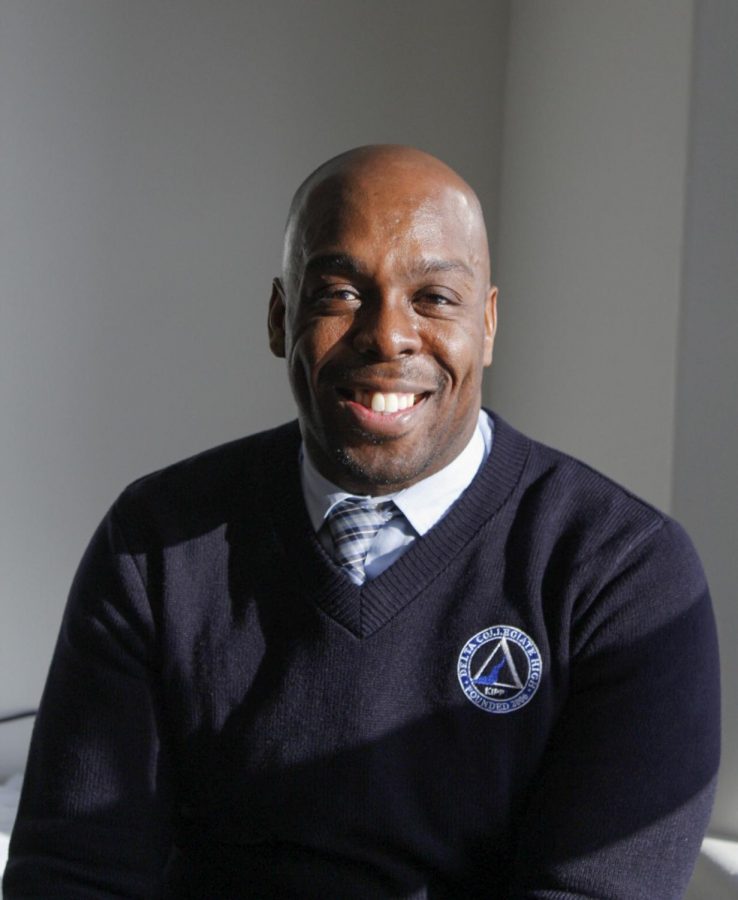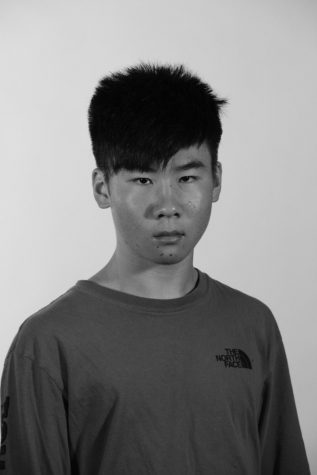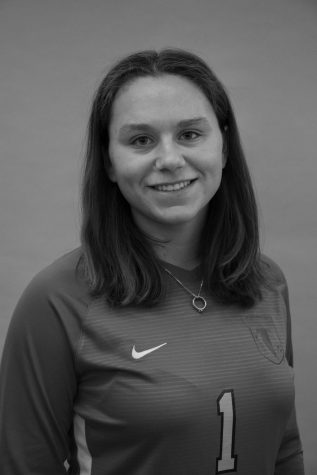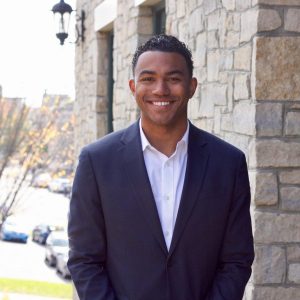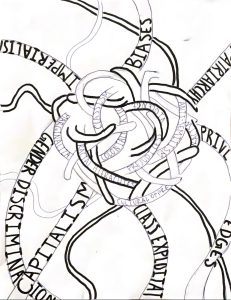New Teacher Spotlight: Mr. Nathan Whitfield
Mr. Whitfield teaches Algebra 1 and AP Statistics.
December 26, 2019
Nathan Whitfield teaches Algebra 1 and AP Statistics. He originally taught at a Knowledge Is Power Program (KIPP) school in Helena, Arkansas.
Register Forum: Coming from a KIPP school, which is a public charter school, what are some of the differences you notice between where you came from and where you are now?
Nathan Whitfield: One of the first things I noticed when I came here was that students here received the benefit of the doubt. More specifically, I noticed how much power individuals hold. I have seen my students go directly up the chain of command, to their deans, or their counselors, when they have a problem in my class rather than start with me. That willingness and acceptability to circumvent me is frankly shocking and a little insulting as well.
RF: What should people know about you?
NW: I believe that every teacher is a literacy teacher, but, most importantly, I want people who are interested to come and find out. I can’t tell you who I am through an interview; I could give you my resume or my interests, but those don’t fully encapsulate me.
RF: What is your view on standardized testing?
NW: I believe standardized testing has its place. The question shouldn’t be ‘do we need standardized tests,’ but ‘how can we change them to be the best and most fair they can be.’
RF: Why do you teach?
NW: I actually hate teaching. I think teaching has become incredibly political. I dislike the commercialization of teaching. I love being a math teacher, but I hate being a teacher. I teach because I have an influence in my classroom.
RF: Where would you be if you weren’t a teacher?
NW: I would probably travel the world, read books, and eat a lot of good food.
RF: What do you think about your role as an educator? Do you believe you are valued?
NW: I absolutely don’t think that I, as a teacher, am valued in society. Specifically, I think I am valued as a commodity. As an African American male teacher, I am highly sought after not for who I am, but for what I am. I am an outlier. Look at our math department. How many African American teachers were in the math department last year? One. How many were male? None. For a school that is around 30% African American, there is something to be said when you have a significant portion of your student body that is looking at their math teacher and is not seeing somebody that looks like them.
RF: How do you know if you’ve taught a student successfully?
NW: Very rarely do I put stock in grades—they’re horribly subjective. Very often, grades come down to the whims of the teacher. Knowing that, I have to acknowledge that my role as an educator and how I will be judged should not come down whether or not you pass my class. My job as a teacher is to ensure you can walk out of my classroom with the ability to critique society, and that you can walk into my classroom with the freedom to ask, ‘Do I need this? Do I even care for who you are, as a person dispensing knowledge? Do we even share the same definition of knowledge?’ Though that may come with a full rejection of who I am, I will know that I am successful if students can leave questioning everything.
This piece also appears in our December 2019 print edition.

